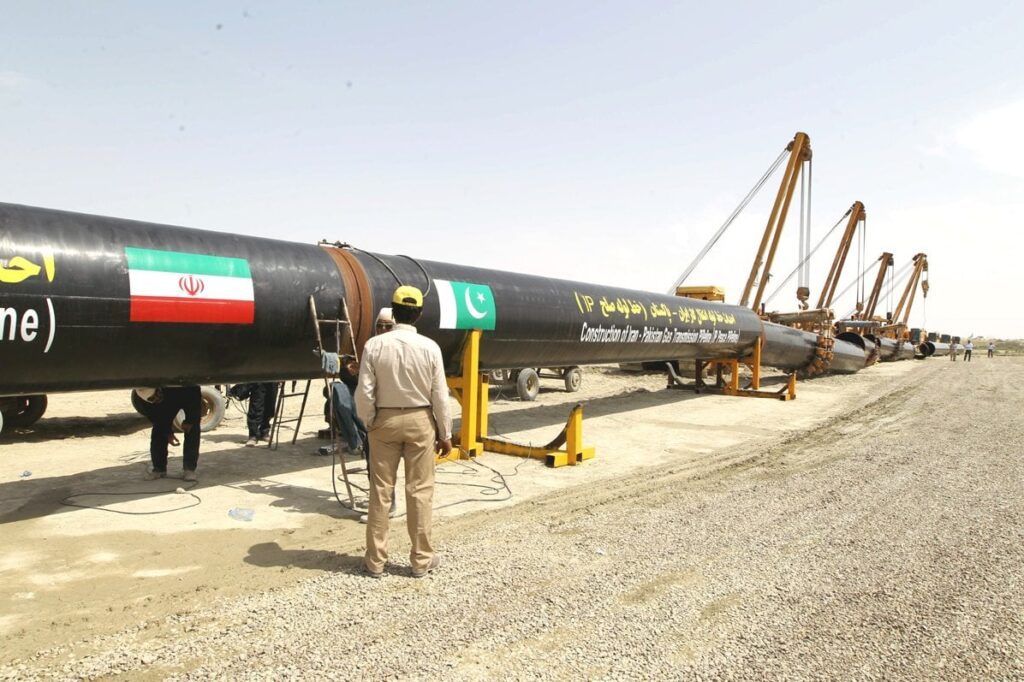Both countries are expected to mutually appoint a third arbitrator, which will finalize the tribunal and allow the arbitration proceedings to commence

By Asghar Ali Mubarak
ISLAMABAD: Pakistan is gearing up to mount a robust defense in an international arbitration case initiated by Iran over the delays in the Iran-Pakistan gas pipeline project. Iran filed the case in Paris, alleging that Pakistan has not fulfilled its obligations to complete its segment of the pipeline and to receive the anticipated 750 million cubic feet per day (MMCFD) of gas as per their bilateral agreement.
To bolster its legal stance, Pakistan has enlisted a high-profile legal team comprising three distinguished international law firms: White & Case, Three Crowns, and Wilkie Farr & Gallagher. Additionally, a leading barrister from Australia, known for extensive expertise in oil and gas infrastructure litigation, has been brought on board. Officials have indicated that the legal team has been thoroughly briefed on the history of the Iran-Pakistan (IP) pipeline project and the various hurdles that have contributed to its incomplete status. The specifics of this legal representation were officially submitted to the arbitration court’s secretariat in Paris on October 18, 2024.
Under the arbitration framework, Pakistan will coordinate with its legal team to select an arbitrator, while Iran will nominate its own. Both countries are expected to mutually appoint a third arbitrator, which will finalize the tribunal and allow the arbitration proceedings to commence. A decision from the arbitration court is anticipated within a year after the tribunal is fully established. The initiation of this arbitration process follows a final notice from Iran to Pakistan in August 2024, indicating Tehran’s intent to escalate the matter to arbitration if Pakistan did not demonstrate significant progress on the pipeline project by September.
The IP gas pipeline project has been plagued by delays, primarily since 2014, due in part to US sanctions proposals against Iran. The project, which aims to construct an 80-kilometer pipeline extending from Gwadar in Pakistan to Iran, was initially scheduled for completion by December 2014 but has seen nearly a decade of setbacks. While work on the project has recently resumed, it is now projected to be completed in approximately 24 months, with an estimated cost of Rs44 billion.
Adding to the complexity, the US government has issued warnings regarding Pakistan’s involvement with the pipeline project. Matthew Miller, a spokesperson for the US State Department, reiterated that the US would maintain its sanctions against Iran, advising any parties considering business dealings with Iran to be cognizant of potential repercussions.



